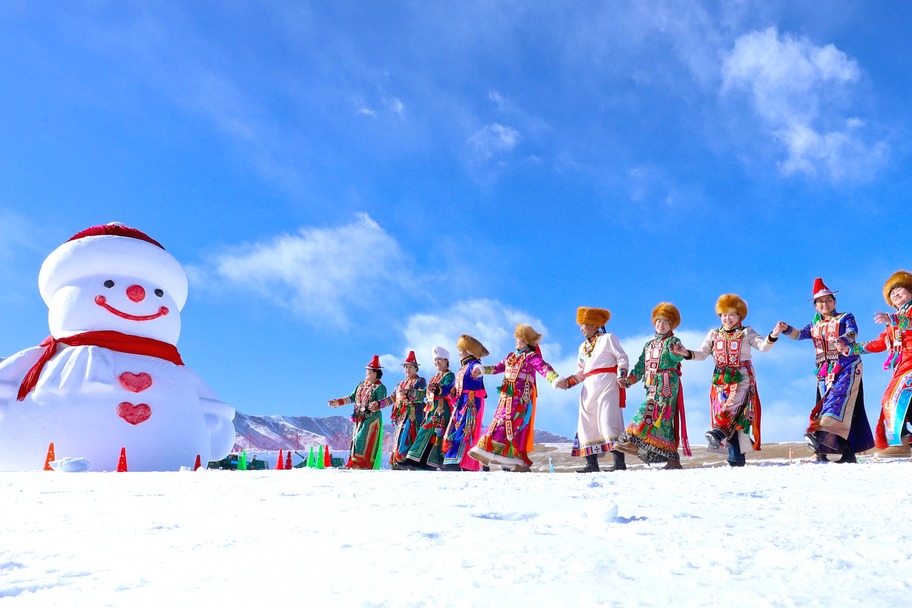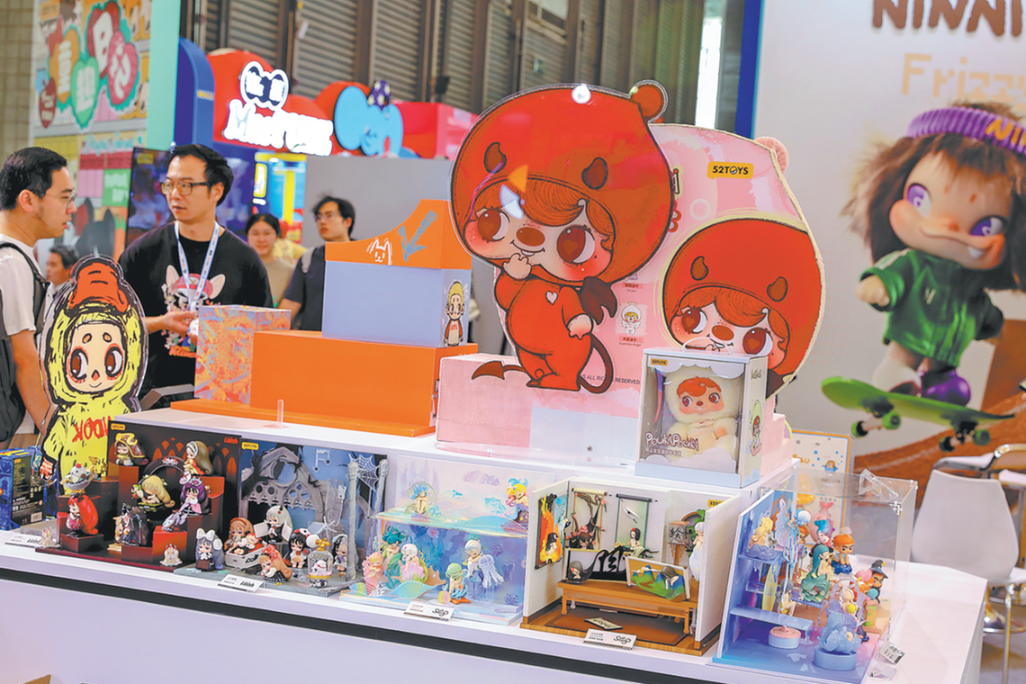Suddenly, a continent has caught the bug

It was once largely restricted to those in the know, but millions are now feeling the Chinese New Year spirit
If ever evidence were needed of the tightening of Africa-China cultural ties, the rising popularity of the annual Chinese New Year, also known as Spring Festival or Lunar New Year, is it. In keeping with the fact that every subsequent Chinese New Year is better than the last, the Year of the Sheep 2015 has already demonstrated the deepening infusion of Spring Festival in parts of Africa.
Not long ago it seemed that Chinese New Year was something appreciated by just a few well-traveled or well-read African elites or the few who had had the privilege to live in China.
The rapid economic, political and social engagements and the short-, medium- and long-term migrations to either side of the Indian Ocean have ensured that the Chinese New Year now registers with millions of Africans.
South Africa is a good example. The festival received a boost in the early 1990s as part of the winding down of apartheid, which had driven the event underground. The preponderance of activities marking Spring Festival this year demonstrates how it has come of age in the African country with the largest number of Chinese who are citizens.
President Jacob Zuma set the tone of the festivities this year by sending a traditional message of goodwill to South African Chinese and Chinese nationals globally on Feb 12.
Besides that message and other official messages from the Chinese state and embassy officials, there have been many do-it-yourself events across South Africa. The highlight of the celebrations was on Feb 21 when the Chinese Association of Gauteng treated revelers to a full menu of activities in Old Chinatown in Johannesburg, also known as First Chinatown.

Visitors will be enthralled by fireworks, dragon and lion dances, martial arts displays and marching bands as well as a wide variety of Chinese cuisine. The undercurrent will be a transcultural one, given that, as in the past, there will be as many South African Chinese and Chinese South Africans as there will be other South Africans of all races and from all walks of life. This mirrors the fact that many Chinese in South Africa, of no matter what faith, are wont to join the rest of the country in observing Christmas, arguably the most celebrated of all Gregorian calendar holidays.
In marking Chinese New Year, the rest of Africa is quickly catching up with South Africa. Initially, Chinese New Year on the continent was the initiative of Confucius Institutes housed today in about 36 universities. The institutes continue to play a crucial public diplomacy role in re-enacting the Chinese New Year in Africa. However, this year there has been a change. Businesses have entered the fray and are now leveraging a cultural icon in the service of commerce and vice versa.
For instance this year's inaugural Spring Festival event was held at Brightwater Commons in Randburg, South Africa, a shopping mall that doubtless had an eye on both celebrating the New Year and at the same time attracting shoppers.
In Kenya, Barclays Bank treated its customers, many of them either Chinese or Kenyans using the bank to do business in and with China, to a dinner in late January. Emirates, one of the airlines that flies between China and Africa, sold discounted fares over Chinese New Year.
In Ghana, Zenith Bank chose to celebrate its 25th anniversary with a tea tasting event put on to coincide with Spring Festival. Other examples in Africa of culture and business bridges being built or reinforced by drawing on the soft power of the Spring Festival are legion.
Even though Chinese New Year strikes a chord with the universal nature of festivities that mark the passage of time, in some ways it also resonates with African festivities. For every aspect of Chinese New Year, one can think of a corresponding African one. For me, the one aspect that triggers nostalgia is the Chinese practice of thoroughly cleaning houses, clothes and oneself in preparation for the big festival. This is very much the practice in many parts of Africa - at least in Kenya - where cleaning up is standard over the traditional Christmas and New Year seasons.
And the acts of cleaning up seem to have deep symbolism in both China and Africa. It indicates the passage of the old and the welcoming of all things new.
The author is a PhD candidate at the Communication University of China in Beijing and research associate at the University of Witwatersrand, Johannesburg, South Africa. The views do not necessarily reflect those of China Daily.
(China Daily Africa Weekly 03/06/2015 page10)
Today's Top News
- China's grain output hits new high in 2025
- Trump drops EU tariff threat after deal framework over Greenland in Davos
- China's message in Davos draws praise
- Consensus, not coercion, key to Ukraine crisis
- Wide view seen as key to full grasp of China
- Trump seeks immediate talks on buying Greenland






























